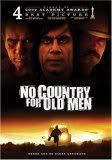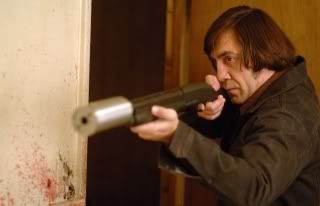
"I am actually a very nice person when someone takes the time to get to know me," huffed Aimee. "I just have a lot of responsibilities."Aimee's mother is Gus [Augusta] Simpson who, after she was unexpectedly widowed years ago, turned her cooking into a career. First owning a restaurant and then with a long running cooking show. Gus is a problem solver who not only strives to have her life go perfectly but also engages in well-meaning meddling in her two daughters' lives. They are not appreciative as one might expect. Gus's world comes crashing down when her ratings take a disastrous dive. Deemed to "old school" and boring, she has Carmen thrust upon her as a co-host. Carmen is a former Miss Spain whose claim to cooking fame is a short YouTube cooking video. Not only that, but most of Gus's immediate family and friends, who are most emphatically noncooks, wind up on her new show which is done live. This is outside everyone's comfort zone and leads to all sorts of complications, most of which Gus cannot fix, naturally.
"The UN stuff," said Carmen.
"Among other things," said Aimee. "But that's how I know Spain produces 36 percent of the world's olive oil. I work in trade and development," she explained.
"Very good," said Carmen. "You may just be the smart one out of this bunch of idiotas."
"I speak Spanish too."
"¿Ahora si entiendas lo que digo?"
"Yeah, I hear what you mutter in the kitchen," said Aimee. "Like when you called my mother a--"
Carmen held up her hand to stop her from speaking.
"It's unexpected," admitted Aimee. "You swear like a sailor."
"Well, what do you expect," said Carmen. "I spent years in beauty pageant dressing rooms."
I am not a fan of chick-lit which is what this could be deemed, however, this book was captivating enough to make it very difficult to put down. Part of the charm is that it is told from many points of view. As the perspective changes, we also see that the myriad misunderstandings and misinterpretations that have been foisted upon us by the previous narrator's insecurities or flawed vision. No one in this book is a villain or truly malicious but there are enough actions prompted by these misconceptions of everyone's motivations that the plot is soon taking gentle twists and turns which intrigue us.
I defy anyone not to take a delicious enjoyment of the "team building" weekend to which the ranking network executive subjects everyone. It is hilarious while simultaneously breaking everyone out of their regular routines enough to move along their development as people. Add to that the liberal sprinkling of cooking throughout and one has truly enjoyable light summer reading will be perfect for vacation. In fact, I have already lent my copy to a friend for that very purpose. (I must add that a special relief to me was that the author kept the occasional sexual liaisons to a minimum, appropriate to the characters' motivations, and mercifully without detailed descriptions.)
I enjoyed this so much that I will be looking into Ms. Jacob's previous book, The Friday Night Knitting Club.

















